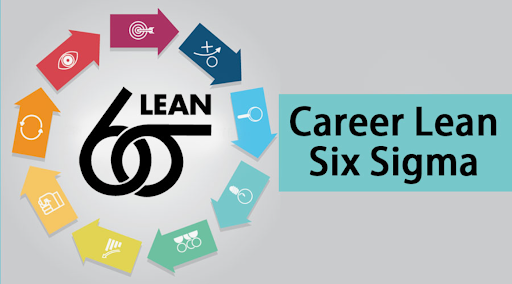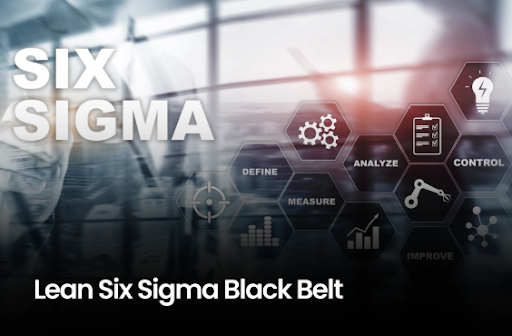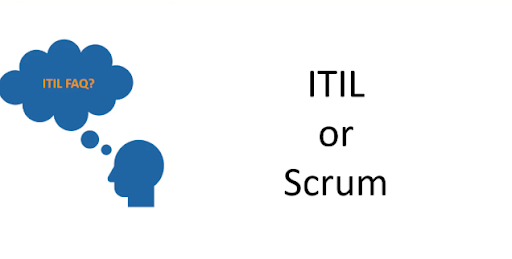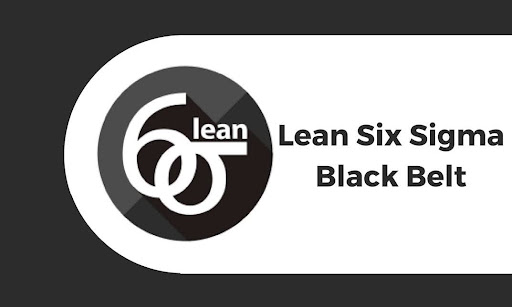Top 56 Six Sigma Interview Questions And Answers For 2025
Posted on on February 24, 2025 | by XLNC Team

Numerous individuals in the business industry are looking for Six Sigma since it enables companies to enhance quality, reduce mistakes, and optimise processes. For individuals who want a new job or just need to move forward in their career, those who earn an online Six Sigma certification should be ready to respond to questions applicable to their field.
Let's say you just completed the best Six Sigma certification in India and are trying to make a career through it. Then, this blog will provide you with insight into important Six Sigma concepts and the confidence required to succeed through the interview process. Organisations from different sectors, including manufacturing, health care, IT, and finance, employ individuals with Six Sigma expertise. Read on and get ready for your ideal job.
Six Sigma Interview Questions To Prepare For
Following are 56 must-ask Six Sigma interview questions, divided into various sections to assist you in preparing effectively.
General Six Sigma Interview Questions
Q1: What is Six Sigma?
Six Sigma is a quality management system that employs data-driven decision-making and statistical analysis to minimise errors and improve efficiency.
Q2: Why is Six Sigma significant?
By enhancing process reliability, it helps firms eliminate waste, improve customer satisfaction, and enhance profitability.
Q3: What are Six Sigma's main principles?
The key principles are:
Focus on customers
Defect identification and removal
Process variation reduction
Decision-making based on data
Q4: How does Six Sigma differ from Lean Six Sigma?
Lean Six Sigma certification online focuses on eliminating waste and accelerating speed to a greater extent than Six Sigma, reducing process defects.
Q5: How do Six Sigma methodologies contribute to project management?
Six Sigma offers a disciplined process (DMAIC) for process analysis and improvement, which facilitates smooth project completion.
Six Sigma Belt-Specific Questions
Q6: What are the various Six Sigma belt levels?
Six Sigma certification online includes White Belts, Yellow Belts, Green Belts, Black Belts, and Master Black Belts with growing levels of expertise.
Q7: What is the Green Belt's role in Six Sigma?
A Green Belt is in charge of small projects, interprets data, and assists Black Belts with process improvement efforts.
Q8: How does a Black Belt make input to Six Sigma projects?
A Black Belt is a guide, a manager of a cross-functional team,team and a mastermind in handling large-scale improvement processes.
Q9: What does the Master Black Belt signify?
A Master Black Belt is an instructor or mentor of Black and Green Belts, assists with large-bang initiatives,initiatives and crafts Six Sigma approaches to be put to use in the organisation.
Q10: Why does one need the best Six Sigma certification in India?
A well-established Six Sigma certification online will promote career development, enhance salary value, and increase job prospects in different sectors.
Six Sigma Methodology & Tools
Q11: What is DMAIC?
DMAIC (Define, Measure, Analyze, Improve, Control) is the formal problem-solving approach applied in Six Sigma.
Q12: What is DMADV?
DMADV (Define, Measure, Analyze, Design, Verify) is applied for creating new processes instead of improving existing ones.
Q13: What is a process map in Six Sigma?
A process map is a graphical representation of a workflow that allows teams to determine inefficiencies.
Q14: What are CTQ factors?
Critical to Quality (CTQ) factors are the key performance areas that deliver customer expectations.
Q15: What are SIPOC diagrams?
SIPOC (Suppliers, Inputs, Processes, Outputs, Customers) diagrams facilitate the understanding of the process flow and areas of improvement.
Statistical Tools & Techniques
Q16: Why is statistical analysis important in Six Sigma?
Statistics aid in measuring process variations, detecting defects, and making data-driven improvements.
Q17: What is the difference between descriptive and inferential statistics?
Descriptive statistics present summaries of data, whereas inferential statistics enable predictions to be made based on sample data.
Q18: What is a control chart?
A control chart monitors the performance of the process over time in order to detect any variation.
Q19: What is hypothesis testing in Six Sigma?
Hypothesis testing assists in verifying assumptions that form the basis of data-driven decisions.
Q20: What are standard Six Sigma statistical tools?
Tools include:
Pareto Chart
Cause-and-Effect Diagram
Histogram
Regression Analysis
Practical Application of Six Sigma
Q21: How do you identify a Six Sigma project?
A Six Sigma project should focus on solving a business problem, reducing defects, and increasing efficiency.
Q22: What industries use Six Sigma the most?
Six Sigma aids industries such as manufacturing, IT, healthcare, finance, and logistics.
Q23: Can Six Sigma be implemented for small businesses?
Absolutely! Small firms can benefit from Six Sigma for cost-cutting, better customer service, and streamlined processes.
Q24: What is the cost advantage in implementing Six Sigma?
Businesses incorporating Six Sigma are more productive, waste less, and more profitable.
Q25: What role does Six Sigma play in career development?
A Six Sigma online certification improves skills, increases job prospects, and provides ean entry to leadership positions.
Additional Questions to Prepare For
26. What is the difference between performance and process capability?
27. How do you determine process sigma level?
28. What are the primary advantages of Six Sigma?
29. What is Design for Six Sigma (DFSS)?
30. What is the function of Kaizen in Six Sigma?
31. How does Six Sigma work with Agile?
32. What are the most important Six Sigma metrics?
33. What is the effect of Six Sigma on customer satisfaction?
34. What is a fishbone diagram?
35. What is Failure Mode and Effect Analysis (FMEA)?
36. What is Gage R&R?
37. What is the role of leadership in Six Sigma implementation?
38. How do you handle resistance to change in Six Sigma projects?
39. What is lean methodology in Six Sigma?
40. What is takt time?
41. What is value stream mapping?
42. How do you measure process efficiency in Six Sigma?
43. What are leading Six Sigma software tools?
44. What is Poka-Yoke?
45. What is root cause analysis?
46. What are defects per million opportunities (DPMO)?
47. How does Six Sigma impact operational efficiency?
48. What is the difference between Lean and Six Sigma online certification?
49. What is process reengineering?
50. How does Six Sigma align with digital transformation?
51. What is the Kano model?
52. How do you conduct a Six Sigma project audit?
53. What is the Voice of the Customer (VOC)?
54. What is statistical process control?
55. How do you sustain Six Sigma improvements?
56. Why should I choose the best Six Sigma certification in India?
Get Certified & Boost Your Career!
Want to upgrade your career? XLNC Academy provides India's best Six Sigma certification with expert instruction, practical case studies, and industry-accredited credentials. Join an online Six Sigma certification course today and begin the journey towards career excellence!
Search
Latest Blogs
-
 Certified Ethical Hacker (CEH) Online Training Advance Your Cybersecurity Skills
Certified Ethical Hacker (CEH) Online Training Advance Your Cybersecurity Skills
-
 Which Scrum Master certification ASM, PSM or CSM
Which Scrum Master certification ASM, PSM or CSM
-
 Is Getting a Six Sigma Black Belt Worth It Pros ,Cons and Career Impact
Is Getting a Six Sigma Black Belt Worth It Pros ,Cons and Career Impact
-
 Generative AI Course 2025 for Software Developers and Engineers
Generative AI Course 2025 for Software Developers and Engineers
-
 Top Black Belt Certifications and Training for Quality Managers to Drive Organizational Excellence
Top Black Belt Certifications and Training for Quality Managers to Drive Organizational Excellence
-
 Data Science Syllabus and Subjects: What You Should Know Before Choosing a Course
Data Science Syllabus and Subjects: What You Should Know Before Choosing a Course
-
 What is the difference between ITIL and Scrum certifications
What is the difference between ITIL and Scrum certifications
-
 Six Sigma certification: The six-level path to Master Black Belt
Six Sigma certification: The six-level path to Master Black Belt


